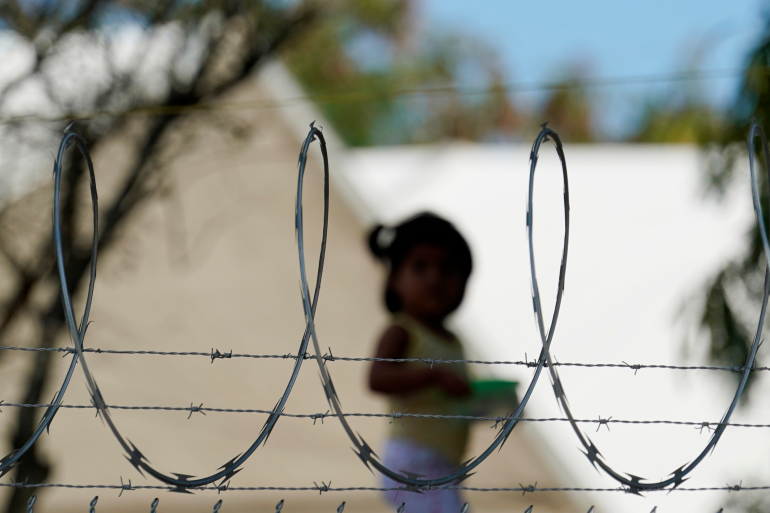According to recent research, the zero-tolerance immigration policy enforced by former high-ranking government officials to prevent federal criminal activity may have culminated in psychological trauma for some affected children.
The zero-tolerance immigration policy was implemented to protect American national security and enforce federal immigration laws. Nonetheless, several human rights organizations have criticized the actions taken by former government officials, labeling the decision to strengthen the rule of law “government-sanctioned child abuse.”
The controversy surrounds the separation of child migrants from their parents at the US-Mexico border upon illegal trespassing.
In the study, published in PLOS One, even after being reunited, nearly all parents and children in the 25 families examined who were separated at the US-Mexico border exhibited sufficient symptoms to fulfill the criteria for a psychological disorder.
Based on the data, post-traumatic stress disorder, depressive disorders, and anxiety disorders were identified as the corresponding mental health complications.
“This is a very important study. It’s extremely important for policymakers to understand the consequences of these actions,” according to an author of a news release.
“The memory of the fear doesn’t just go away. And the reunion, itself, is not necessarily a smooth process. Children can be angry; parents can be guilt-ridden.”
An examination of the records of 31 separated parents and children at the U.S.-Mexico border yielded the findings. The parents and children were given mental health evaluations, with 16 of the 19 adults meeting the diagnostic criteria for PTSD or an affective disorder.
“Our analysis of 31 medico-legal affidavits of parents and children directly affected by forced family separation shows nearly uniform negative mental health outcomes,” the authors emphasized in their findings.
“To our knowledge, this is the first qualitative analysis of the mental health effects of the “zero tolerance” policy, as assessed during in-depth interviews by experienced clinicians.”


